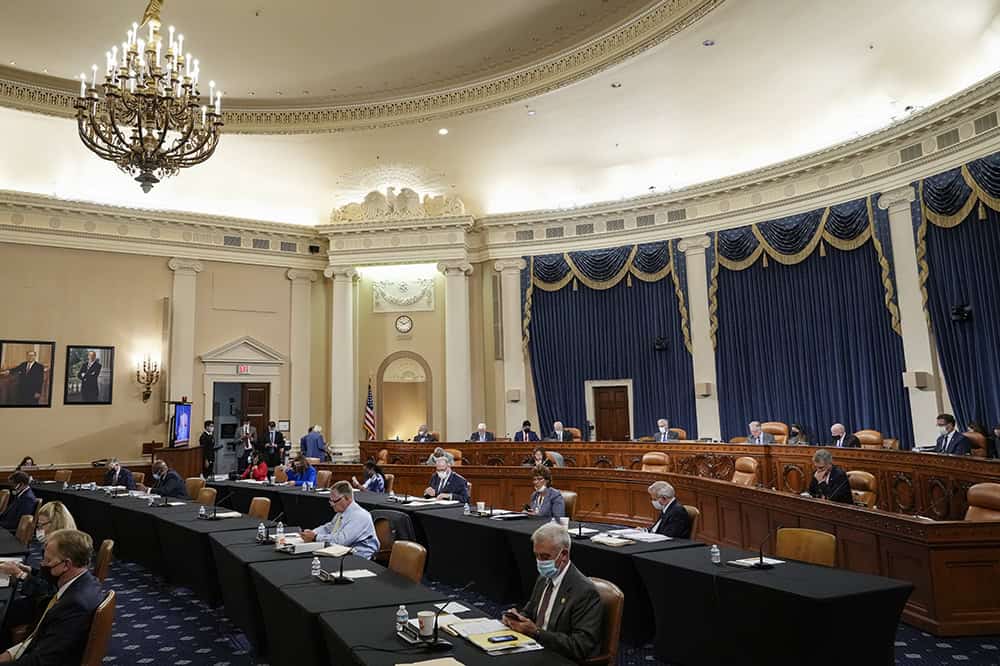Statement by Michael A. Peterson, Vice Chairman of The Peter G. Peterson Foundation, on President Obama’s Proposed 2012 Budget
“President Obama’s proposed 2012 budget and the discussion in Congress represent a starting point to begin addressing our nation’s fiscal challenges.
“Both parties need to go much further. The real threat to America’s long-term economic future is not short-term discretionary spending, but the long-term structural deficits that result in massive interest costs that would burden our nation for decades. To address our long-term fiscal and economic challenges effectively, we need a bipartisan plan that fully tackles all of the major unsustainable areas of the Federal budget.
“The only way for us to win the future is with a bipartisan plan for the future: a set of sound and sustainable fiscal policies that solve our long-term structural deficits and can be implemented gradually as our economy recovers.
“Despite the political challenges of reaching bipartisan solutions, the President’s Fiscal Commission is proof that this can be done. It is time for lawmakers from both parties to show leadership by putting our country on a path to economic prosperity and fiscal sustainability.”
About the Peter G. Peterson Foundation
The Peter G. Peterson Foundation is a nonprofit, nonpartisan organization established by Pete Peterson – businessman, philanthropist, and former U.S. Secretary of Commerce. The Foundation is dedicated to increasing public awareness of the nature and urgency of key long-term fiscal challenges threatening America’s future and to accelerating action on them. To address these challenges successfully, we work to bring Americans together to find and implement sensible, long-term solutions that transcend age, party lines and ideological divides in order to achieve real results. To learn more, please visit www.PGPF.org.
Further Reading
Infographic: The Facts About U.S. Defense Spending
National security is both a vital priority and a significant part of the federal budget.
What Is Budget Reconciliation?
The reconciliation process avoids the potential need to gather 60 votes to end debate and, therefore, allows the Senate to adopt legislation with a simple majority.
Budget Basics: National Defense
The national defense budget funds a wide range of activities and represents a significant share of overall federal spending.


